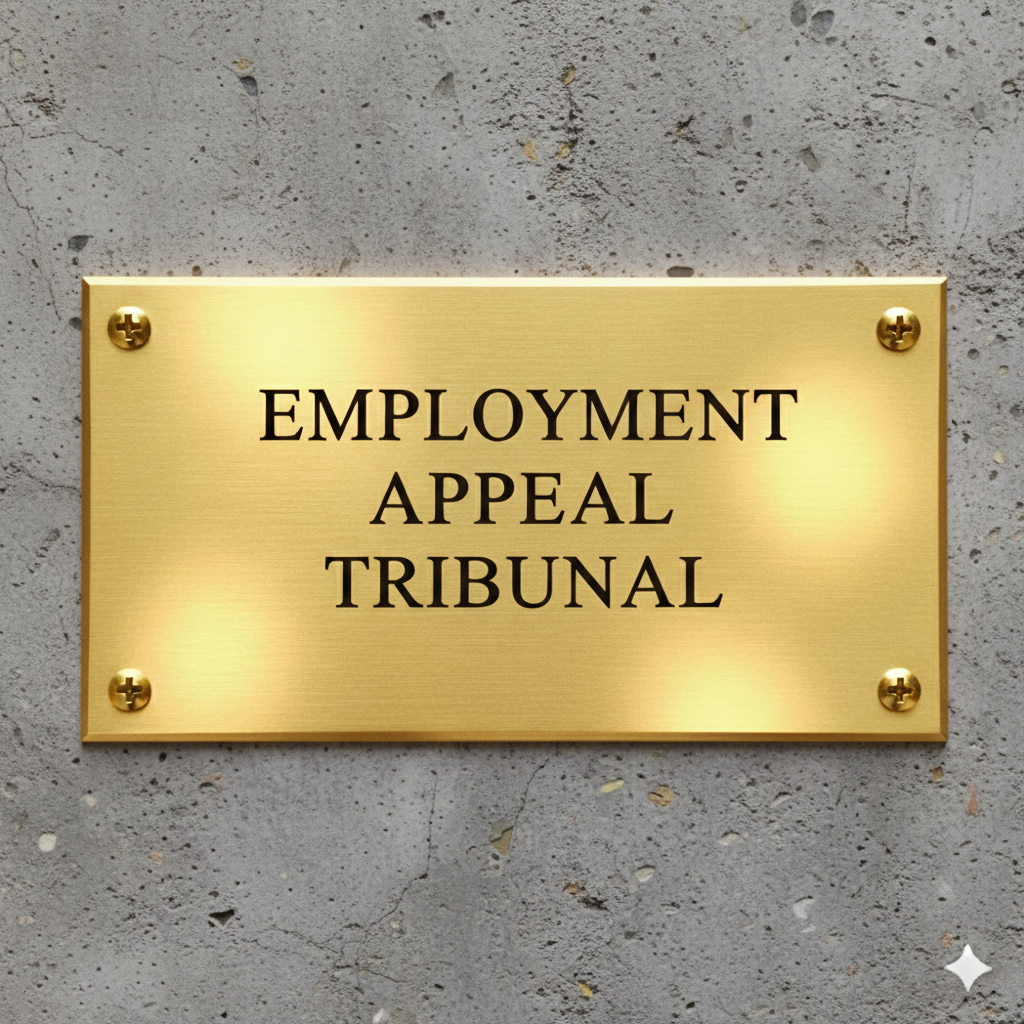Tribunal erred in striking out claim for failing to consider proportionality: Kamphues v Venator Materials UK Ltd
The EAT has overturned a strike-out decision, finding the Employment Tribunal erred by not properly assessing the proportionality of its actions in relation to a claim.
• public
Employment Appeal Tribunal Overturns Strike-Out Decision
The Employment Appeal Tribunal (EAT) has allowed an appeal against a decision by an Employment Tribunal to strike out a claim, in the case of Mr E Kamphues v Venator Materials UK Ltd [2025] EAT 30. The EAT found that the original tribunal erred in law by striking out the claimant's claim without adequately considering whether this action was proportionate in light of all relevant circumstances, including whether a fair trial remained possible.
Background of the Case
Mr Kamphues initially brought claims of unfair dismissal, unauthorised deduction from wages, public interest disclosure detriment/dismissal, and direct race discrimination against Venator Materials UK Ltd. His claim faced procedural difficulties, leading to multiple preliminary hearings and applications for postponements.
The Employment Tribunal eventually struck out the claim citing non-compliance with orders and a perceived failure to actively pursue the case. However, the EAT has now ruled that the Employment Tribunal jumped to strike out without properly weighing up the relevant factors, including the possibility of a fair trial.
The EAT's Reasoning
His Honour Judge James Tayler, presiding over the EAT, emphasised that when considering striking out a claim, tribunals must first determine if conduct warrants such action. If so, they must then exercise their discretion by considering all relevant factors, paramount among them being the possibility of a fair hearing.
The EAT highlighted the importance of the 'overriding objective' of the Employment Tribunal Rules, which aims to deal with cases fairly and justly. This includes ensuring parties are on an equal footing, dealing with cases proportionately, avoiding unnecessary formality, and avoiding delay where compatible with proper consideration of the issues.
Guidance for Employment Tribunals
The judgment serves as a reminder to Employment Tribunals to adopt a structured approach when considering strike-out applications. They must first establish whether the claimant's conduct meets the threshold for strike-out, and then exercise their discretion by weighing all relevant factors, especially the possibility of a fair trial.
The EAT also acknowledged the challenges of managing cases involving litigants in person, stressing the need for good case management and clear communication to avoid parties becoming “querulous and uncooperative”.
Outcome and Remittal
The EAT allowed the appeal and remitted the matter back to a different Employment Tribunal for reconsideration. This was due to a need to consider the strike out application afresh.
Read the entire judgement here: Mr E Kamphues v Venator Materials UK Ltd [2025] EAT 30
